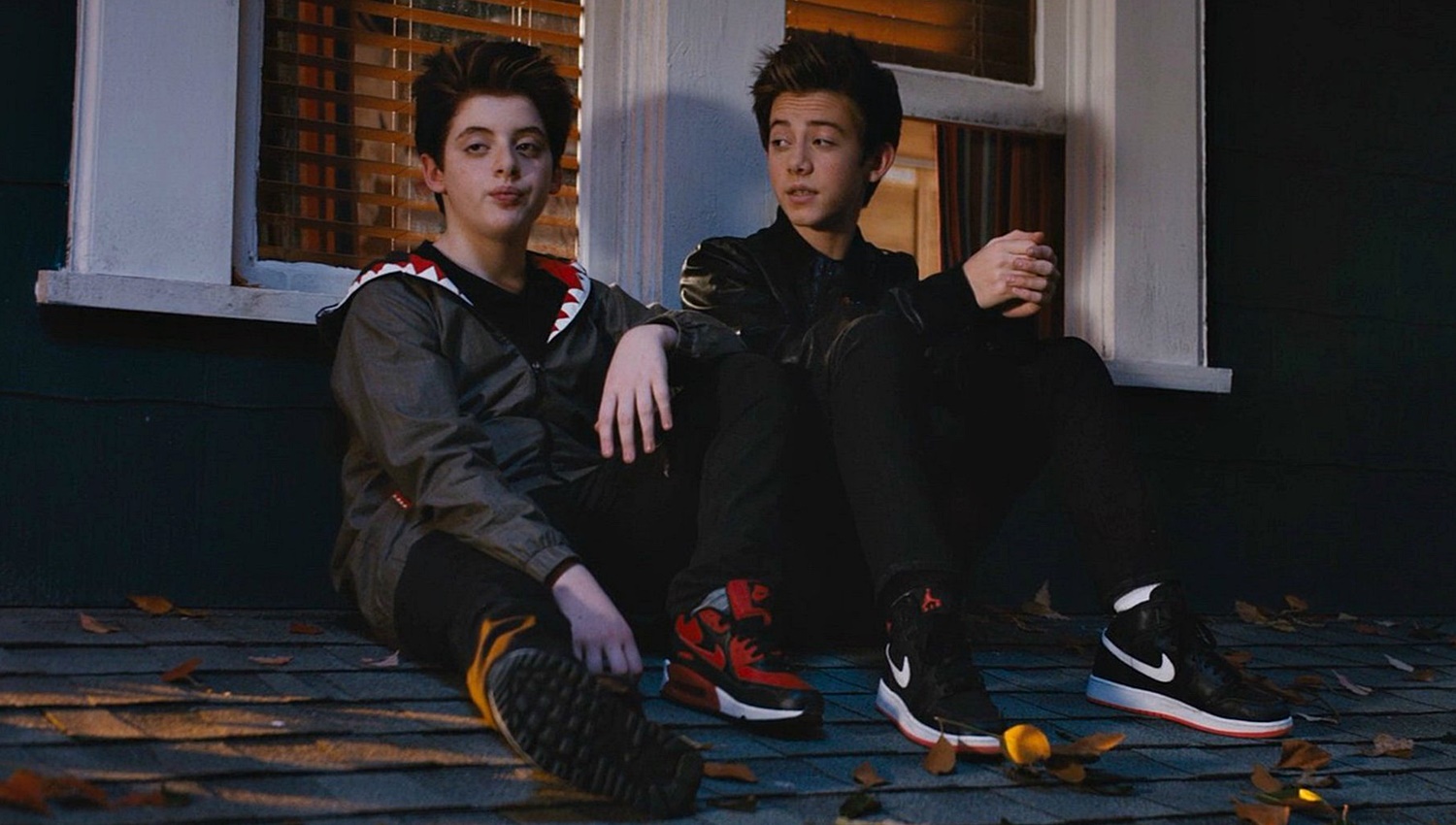
Middle School: The Worst Years of My Life
Dustin Chase
Surprise! This is a clever film making a comedy of intelligent protest against ridiculously stringent rules at a middle school, where the principal is more about power than about education. Poor Rafe (Gluck) (as in Rules Aren’t for Everyone) has been accepted into the only school left for him after suspensions from other schools. He seems to get in trouble for his drawings, incredibly creative as they are. They are so real that they instantly express whatever strong thoughts or feelings he’s having. This is one of the strongest assets of this film in its cleverness, but more importantly, it reflects an effective way for children to cope with adversities.
The film pits creativity and imagination against rules, discipline, and adults’ neurotic needs for power. Guess which side wins. And even though I cringed at some aspects of it that seem to encourage sociopathy (e.g., admiration of bank robbers), I have to give it thumbs up for showing a way for basically good kids to overcome repressive policies.
Example: When Rafe becomes instantly popular in class for a drawing of Principal Dwight (Daly), which he had not intended to be passed around, Dwight threatens to destroy his drawing book, despite Rafe’s pleas. Rafe’s brother recently died of leukemia, and the drawings are his way of coping with the death, and he has worked very hard on them. Dwight turns a deaf ear and throws the book into a bucket of acid.
A clever film making a comedy of intelligent protest against ridiculously stringent rules at a middle school.
[Spoiler alert!] Another clever device of the film, which I presume is in the novel by James Patterson and Chris Tebbett on which it is based, is the insertion of what turns out to be an imaginary character, Leo (Barbusca), who is actually Rafe’s dead brother coming back to help him in all his efforts. The viewer doesn’t find out his identity until toward the end of the film, but once again, this represents a very effective way for children to cope with loss.
In short, the story in Middle School is about a group of students who use creativity and technology (yea! there is a techie girl, Jeannie, played by Isabela Moner) to overcome a repressive system at school and expose a principal without educational values. Rafe and his sister Georgia (Nisenson) use similar techniques to deal with their mother’s narcissistic boyfriend.
Director Steve Carr and his partners in this film—including the visual effects crew—deserve praise for making a film about/for children that goes beyond plain fancy to show how imagination and creativity can be used in real-life situations to make things better.
The star Griffen Gluck is a relatively experienced, talented actor who is convincing playing a younger child, showing the naïve, puzzled looks of one trying to figure out the mysteries of adulthood. The other child actors (Barbusca, Moner, and Nisenson) also pull us in completely. I loved the performance and role of Rafe’s mother (Graham) who says and does all the things a good-enough mother should do. Likewise, the teacher (Pally) is well played.
Final Thought
A different protest story far from the norm enhanced by cleverly drawn cartoons.
